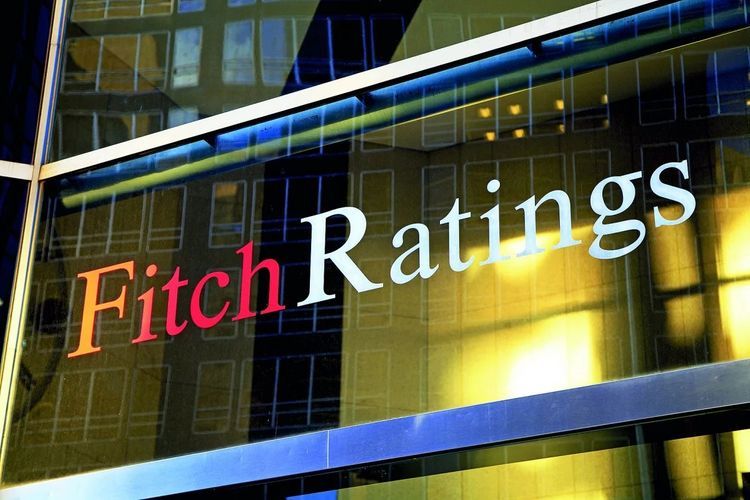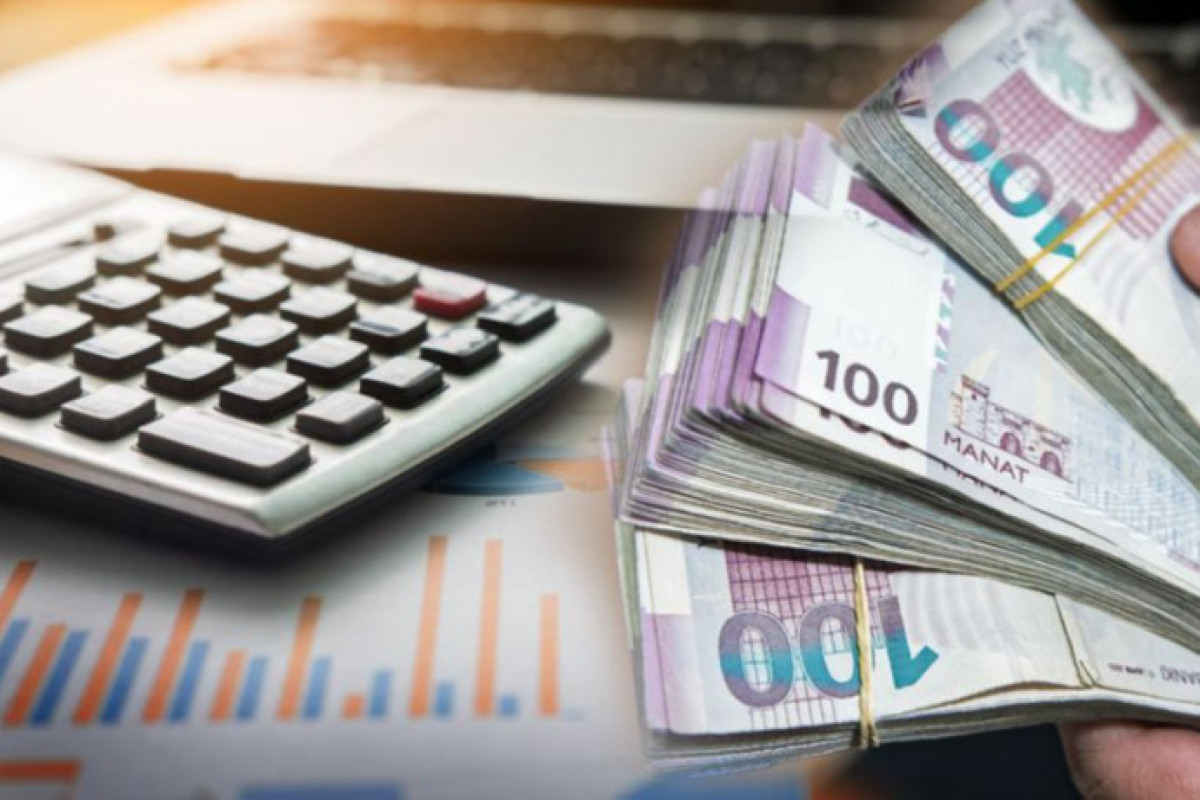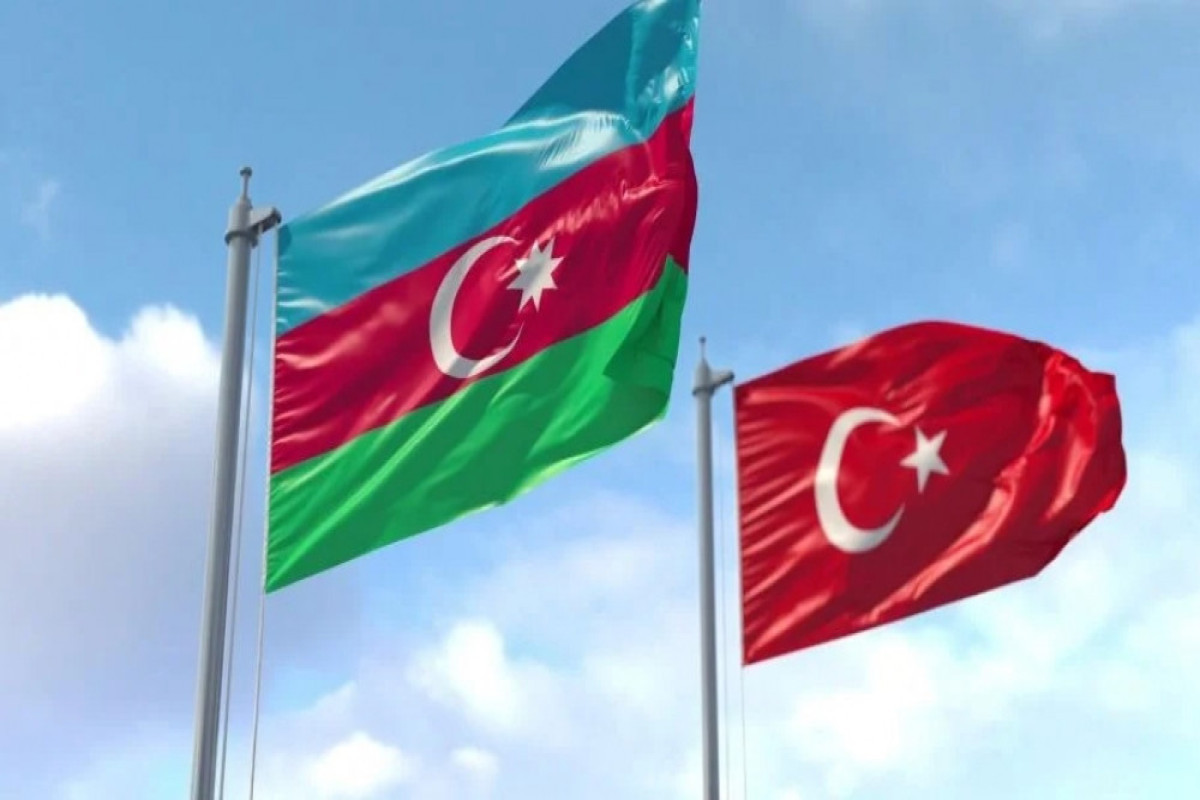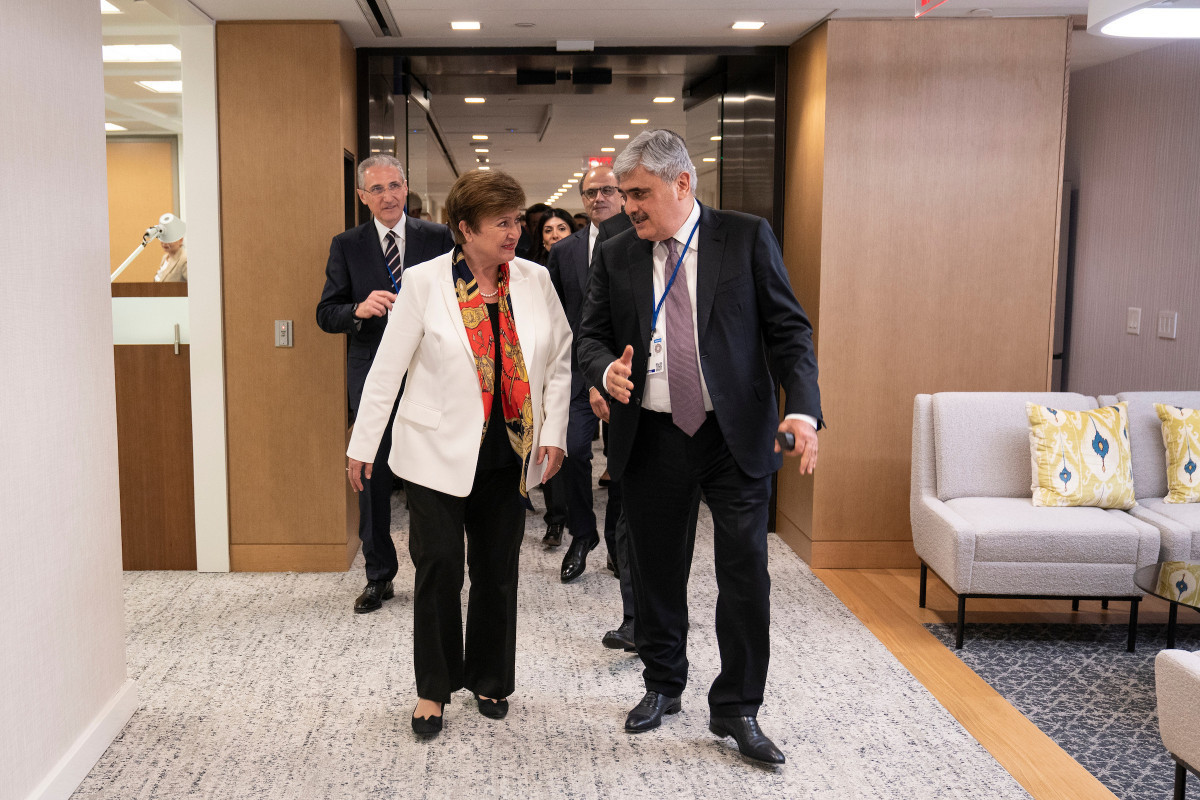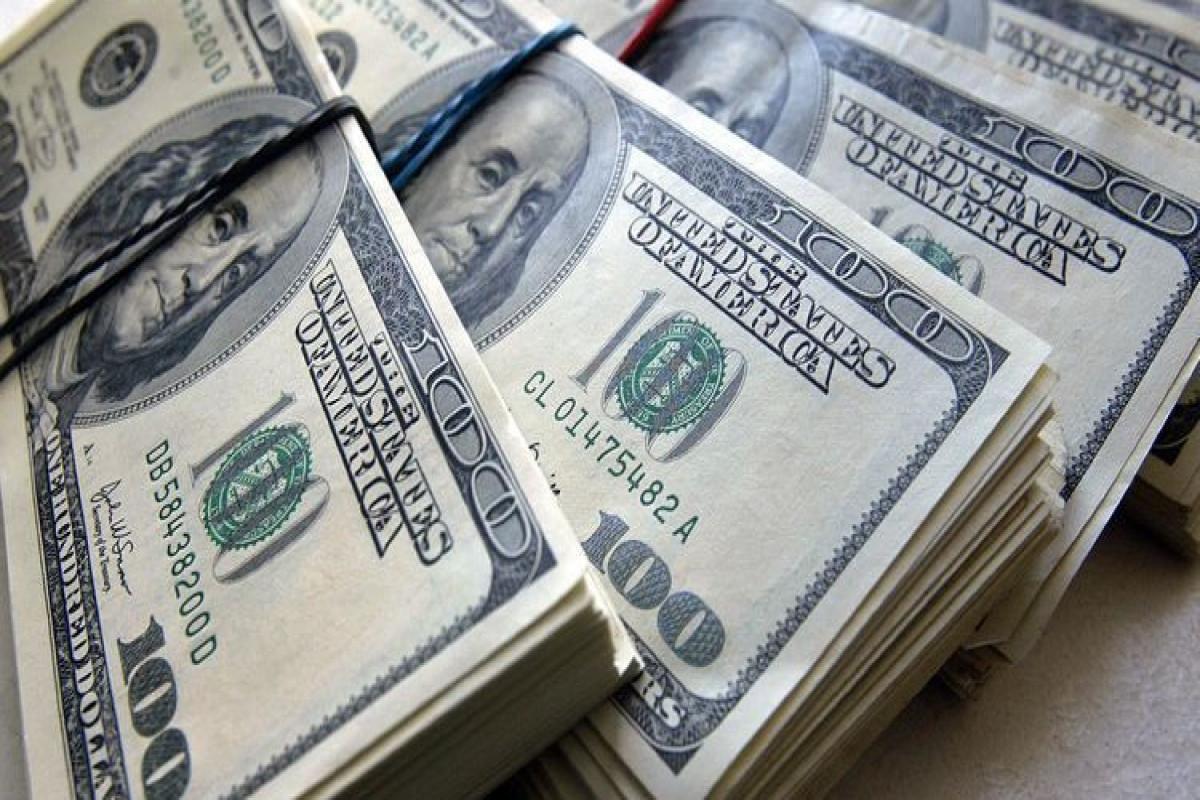Fitch Ratings has affirmed Open Joint-Stock Company International Bank of Azerbaijan's (IBA) Long-Term Issuer Default Rating (IDR) at 'B-' with Stable Outlook. A full list of rating actions is at the end of this commentary, APA reports citing the Agency.
IBA's ratings are based on its intrinsic credit strength, as measured by its Viability Rating (VR) of b-. The VR continues to capture the risks stemming from the cyclical and oil-dependent operating environment, which we assess at b+/Negative. These risks are additionally aggravated by the ongoing economic downturn caused by the COVID-19 pandemic and the sharp fall in oil prices. IBA's VR is additionally pressured by substantial market risk due to its unhedged short US dollar position, which exposes the bank's capitalisation to the risk of currency depreciation.
Fitch believes that some aspects of IBA's credit profile are consistent with a higher rating (in particular, asset quality, franchise and funding and liquidity), but IBA's unhedged open currency position constrains the ratings at 'B-'.
IBA reduced its open currency position to USD0.7 billion at end-4M20 from USD0.8 billion at end-2M20 but this is still almost equal to the bank's regulatory capital. The risks to IBA's capitalisation are mitigated by the bank's large capital buffers, with regulatory Tier 1 and total capital ratios both equal to a high 33% at end-1Q20. Fitch notes that currencies in other oil-producing countries in the region (Russia and Kazakhstan) depreciated by about 20% in 1Q20. IBA's capital buffer is sufficient to withstand a lowering of the exchange rate to 2.5 AZN/USD, which would represent a severe currency shock, and still maintain its regulatory capital ratios above the statutory minimums of 6% and 11% for Tier 1 and Total capital ratios, respectively.
Fitch believes that IBA's asset quality is reasonable, supported by a high share of good-quality interbank placements and securities on its balance sheet. IBA's net loan book (25% of total assets) is the primary source of impairment risks, which are driven by the coronavirus outbreak and lower oil prices. We expect IBA's impaired loans (Stage 3 loans under IFRS 9) to increase to double-digit levels from a moderate 7% at end-2019. The bank's focus on state-related corporate borrowers somewhat reduces loan quality risks, although unsecured retail is significant at 23% of gross loans.
IBA's profitability is decent as reflected by a high ratio of operating profit to risk-weighted assets (7% in 2019). IBA's recurring pre-impairment profit equaled a high 14% of gross loans, although near-term pressure on pre-impairment performance will stem from weaker loan growth, lower transactional income and some margin compression. Fitch expects the net result in 2020 will additionally be dampened by elevated loan impairment charges. In addition, IBA's unhedged open currency position could result in a large one-off hit to profitability if the local currency depreciates.
In Fitch's view, there is no immediate pressure on IBA's funding and liquidity profile from the current economic downturn. Wholesale funding sources are limited and comprise primarily the USD1 billion eurobond issued as part of the recent restructuring and mostly held by the State Oil Fund of Azerbaijan. The bank's reliance on sovereign-related customer deposits (51% of total liabilities) supports the stability of the funding base. Although moderate deposit outflows are possible, particularly if devaluation pressures intensify, we expect the bank's liquidity buffers to remain strong. At end-1Q20, liquid assets exceeded IBA's total customer funding.
The affirmation of the Support Rating at '5' and Support Rating Floor at 'No Floor' reflects Fitch's view that support from the shareholder, the Azerbaijan sovereign (BB+/Negative), cannot be relied upon following the bank's default in 2017, despite IBA's state ownership.
IBA's senior unsecured debt is rated 'B-', in line with the bank's Long-Term IDR, reflecting Fitch's view of average recovery prospects, in case of default.


